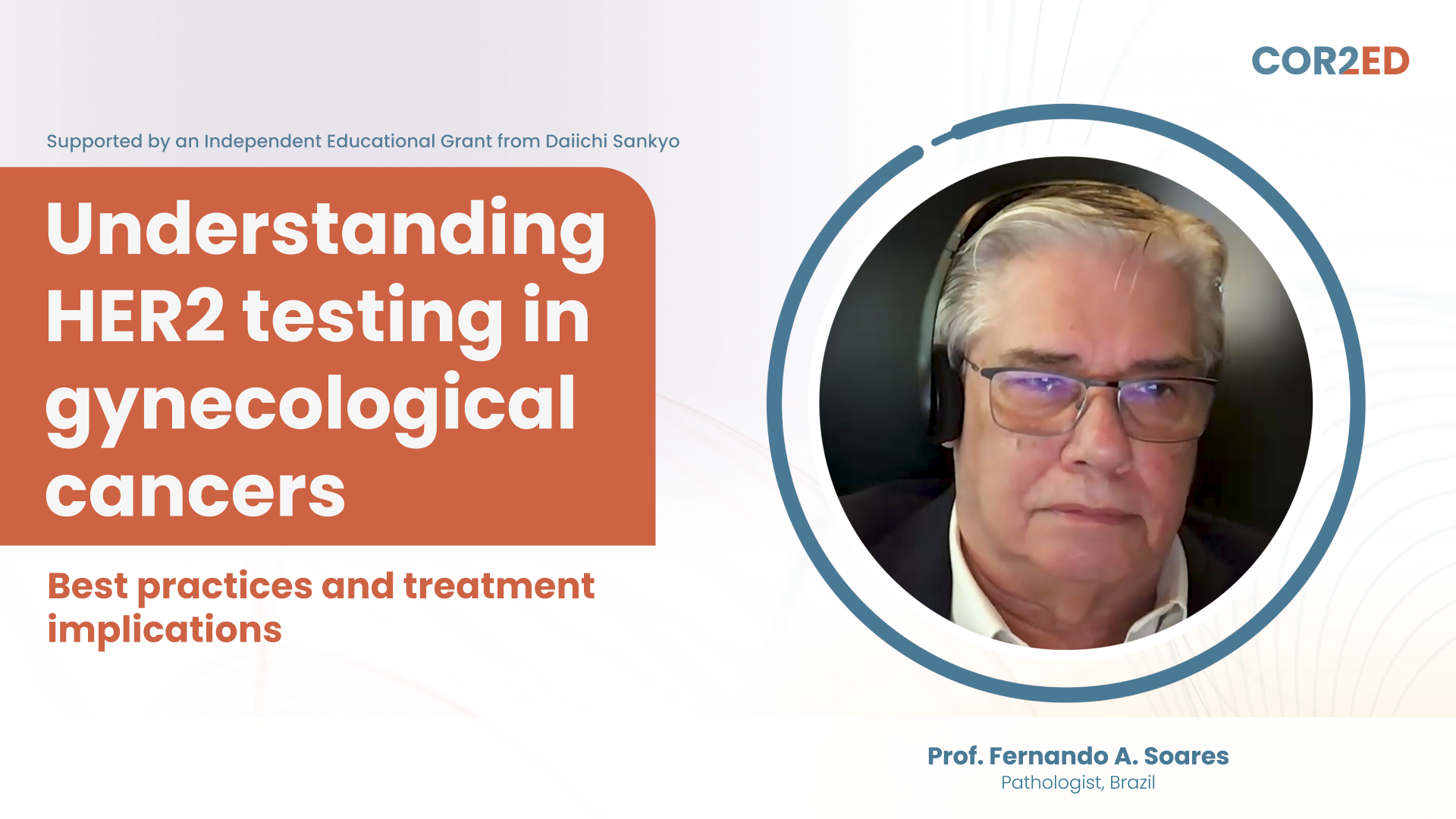Dr. Jason Alcorn covers steps 4 and 5 of the GUIDE Communication Framework, explaining how to direct the patient and carer to additional support and the importance of empowering the patient.
Watch the video and download the slides
The GUIDE Communication Framework: Strengthening shared decision-making between nmCRPC patients and the healthcare team
This is the last in a series of three newsletters explaining the GUIDE Communication Framework, a simple 5-step approach to optimise the role of the nurse in strengthening shared decision-making between nmCRPC patients and their healthcare team.
GUIDE’s five letters each represent a crucial step in your conversations with patients with prostate cancer.
- Gain insight into goals of treatment and care
- Understand gaps in the patient's knowledge
- Inform and educate
- Direct to additional support
- Empower the patient
Dr. Jason Alcorn explains how to Direct the patient and the carer to additional support and the importance of Empowering the patient, making them feel they can actively participate in the shared decision-making and treatment process, and why these steps are an important part of a successful treatment journey.
In the first newsletter, Veerle Lamotte covered steps 1 and 2 of the GUIDE framework and explained why it’s important to Gain insight into the goals of treatment and care as a first step in supporting your patients along the agreed treatment journey and how to Understand the gaps in the patient’s knowledge, allowing you to prioritise where you focus when it comes to informing and educating the patient.
In the second newsletter, Joanie Pfahl and Jennifer Sutton covered step 3 of the GUIDE Communication Framework and explain the importance of Informing and educating the patient, and why it is essential for nurses to have up-to-date knowledge about the disease and common symptoms, key studies relating to nmCRPC, treatment aims and options, potential side effects and proactive management as addressing patients’ knowledge gaps in the right way is critical in managing their treatment successfully.

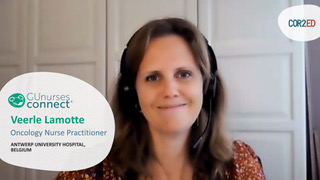
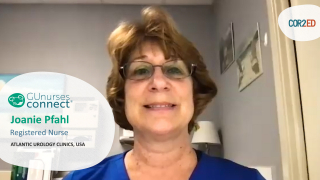

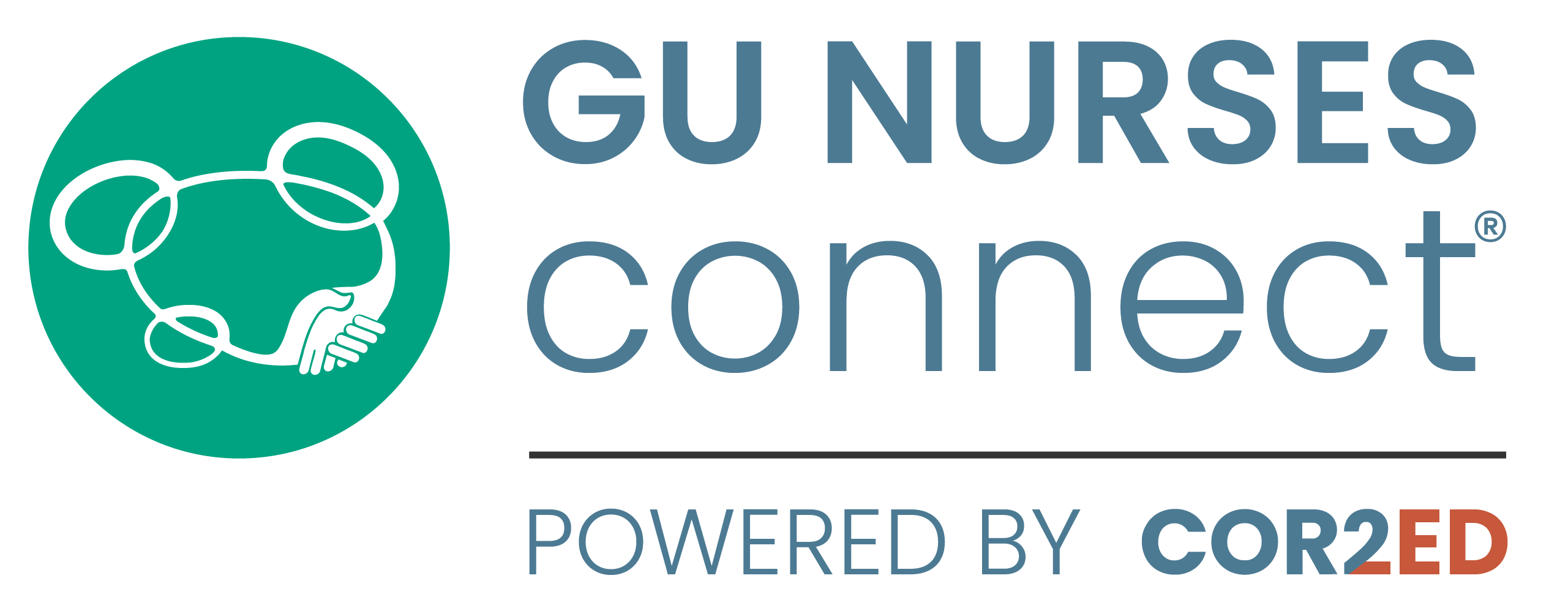

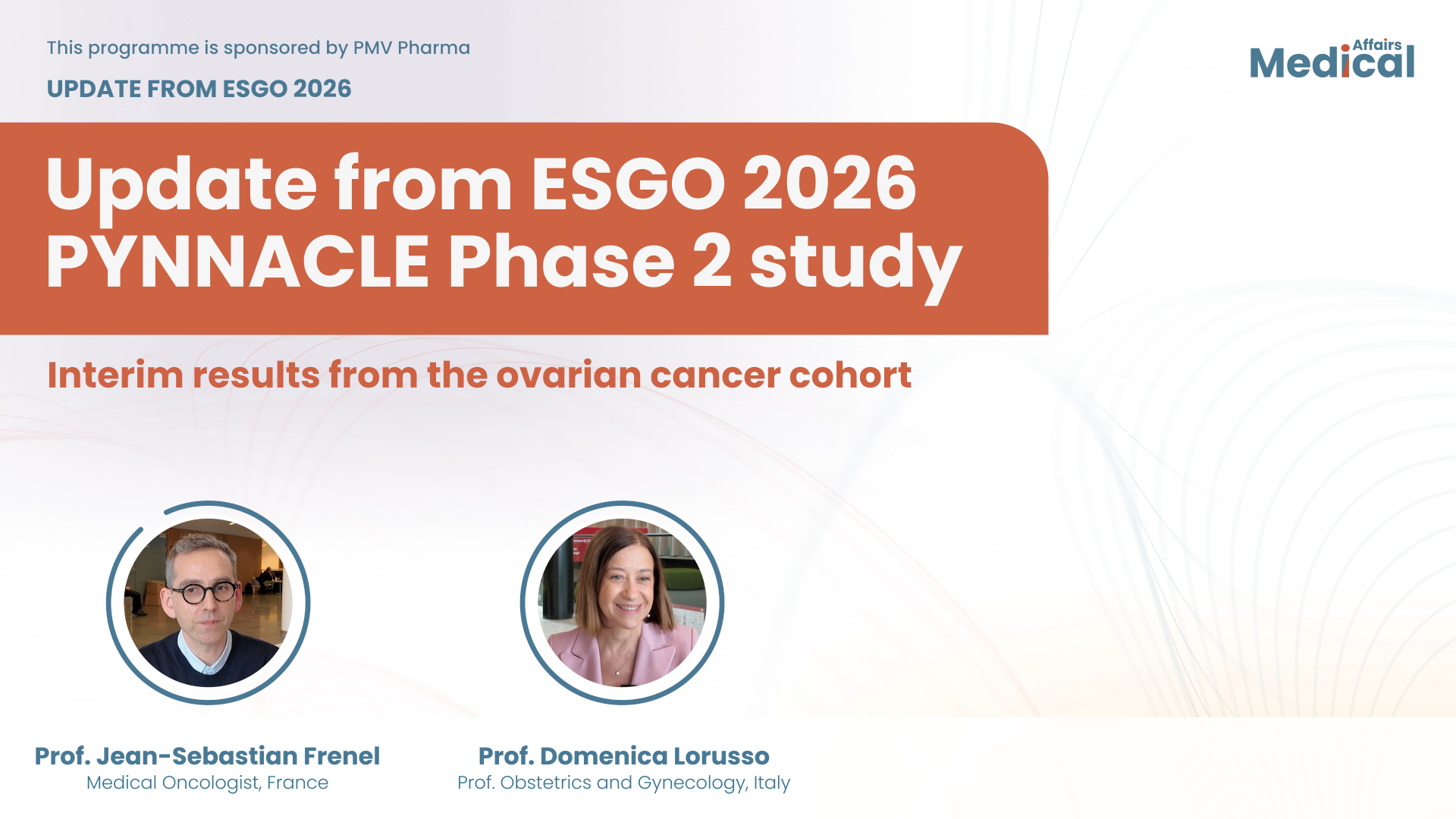
 Downloadable
Downloadable  5 MIN
5 MIN
 Mar 2026
Mar 2026 

